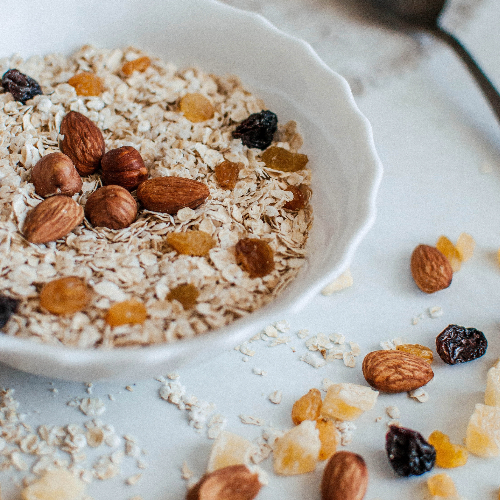In recent years, the importance of gut health has taken center stage in the conversation about overall wellness. A healthy gut is not just crucial for digestion but also plays a significant role in immune function, mental health, and chronic disease prevention. Understanding the impact of diet on gut health is essential. This article explores effective nutritional strategies to promote a healthy gut.

The Role of Gut Microbiome The gut microbiome, consisting of trillions of bacteria and other microorganisms, is vital for digestive health. These microbes help in breaking down food, absorbing nutrients, and protecting against harmful pathogens. A balanced gut microbiome is key to maintaining overall health.
High-Fiber Diet for Gut Bacteria Fiber is the fuel for healthy gut bacteria. It’s found in plant-based foods such as fruits, vegetables, whole grains, legumes, nuts, and seeds. A high-fiber diet supports the growth of beneficial bacteria and contributes to regular bowel movements, reducing the risk of constipation and digestive disorders.
Probiotics and Fermented Foods Probiotics are live beneficial bacteria that can help restore and maintain a healthy gut microbiome. Fermented foods like yogurt, kefir, sauerkraut, kimchi, and kombucha are rich in probiotics. Regular consumption of these foods can aid in balancing gut bacteria and improving gut health.
Prebiotics: The Unsung Heroes Prebiotics are a type of fiber that the body cannot digest. They serve as food for probiotics, promoting the growth of healthy bacteria in the gut. Foods rich in prebiotics include garlic, onions, leeks, asparagus, bananas, and oats.
Hydration: A Key Factor Drinking enough water is crucial for gut health. Water aids in digestion and helps maintain the mucosal lining of the intestines. Staying well-hydrated is a simple yet effective strategy for supporting a healthy digestive system.
Limiting Processed Foods and Added Sugars Processed foods and high sugar diets can disrupt the balance of gut bacteria, leading to an increase in harmful bacteria. Reducing the intake of these foods and focusing on whole, unprocessed foods can significantly improve gut health.
Incorporating Healthy Fats Healthy fats, such as those found in avocados, olive oil, nuts, and fatty fish, are beneficial for the gut. They can help reduce inflammation in the gut and support the growth of healthy bacteria.
Eat Diverse Foods A diverse diet can lead to a diverse microbiome, which is beneficial for gut health. Consuming a variety of foods ensures that your gut bacteria have the nutrients they need to thrive.
Mindful Eating Practices How you eat is just as important as what you eat. Eating slowly, chewing thoroughly, and avoiding overeating can help improve digestion and absorption of nutrients, benefiting gut health.
Avoiding Excessive Alcohol Excessive alcohol consumption can harm the gut lining and disrupt the balance of gut bacteria. Moderation is key for maintaining a healthy gut.
In conclusion, a combination of a high-fiber diet, probiotic and prebiotic-rich foods, adequate hydration, healthy fats, and mindful eating practices can significantly improve gut health. These nutritional strategies are not only beneficial for digestion but also for overall health and well-being.



